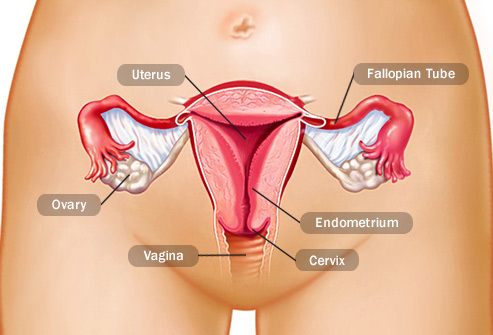
uterine [yoo-ter-in, -tuh-rahyn] ExamplesWord Origin adjective
- of or relating to the uterus or womb.
- related through having had the same mother.
Origin of uterine 1400–50; late Middle English Late Latin uterīnus of, pertaining to the uterus. See uterus, -ine1 Related formsnon·u·ter·ine, adjectivepost·u·ter·ine, adjectivetrans·u·ter·ine, adjective Examples from the Web for uterine Contemporary Examples of uterine
These drugs, in turn, can create more aggressive contractions, which increase the risk of uterine rupture.
Danielle Friedman
March 24, 2010
Historical Examples of uterine
In each of these conditions there is uterine pain and hemorrhage.
The Ethics of Medical Homicide and Mutilation
Austin O’Malley
Hippocrates describes a uterine syringe with a tube of silver.
Surgical Instruments in Greek and Roman Times
John Stewart Milne
Semi-transparent lymph was found in some of the uterine veins.
On the origin of inflammation of the veins
Henry Lee
Some of the uterine veins were found to contain a turbid fluid.
On the origin of inflammation of the veins
Henry Lee
Viburnum has been called a uterine sedative, whatever that may be.
The Propaganda for Reform in Proprietary Medicines, Vol. 1 of 2
Various
British Dictionary definitions for uterine uterine adjective
- of, relating to, or affecting the uterus
- (of offspring) born of the same mother but not the same fatheruterine brothers
Word Origin and History for uterine adj.
“pertaining to the womb,” early 15c., from Old French uterin, from Late Latin uterinus “pertaining to the womb,” also “born of the same mother,” from Latin uterus “womb” (see uterus).
uterine in Medicine uterine [yōō′tər-ĭn, -tə-rīn′] adj.
- Of, relating to, or in the region of the uterus.
 Liberal Dictionary English Dictionary
Liberal Dictionary English Dictionary